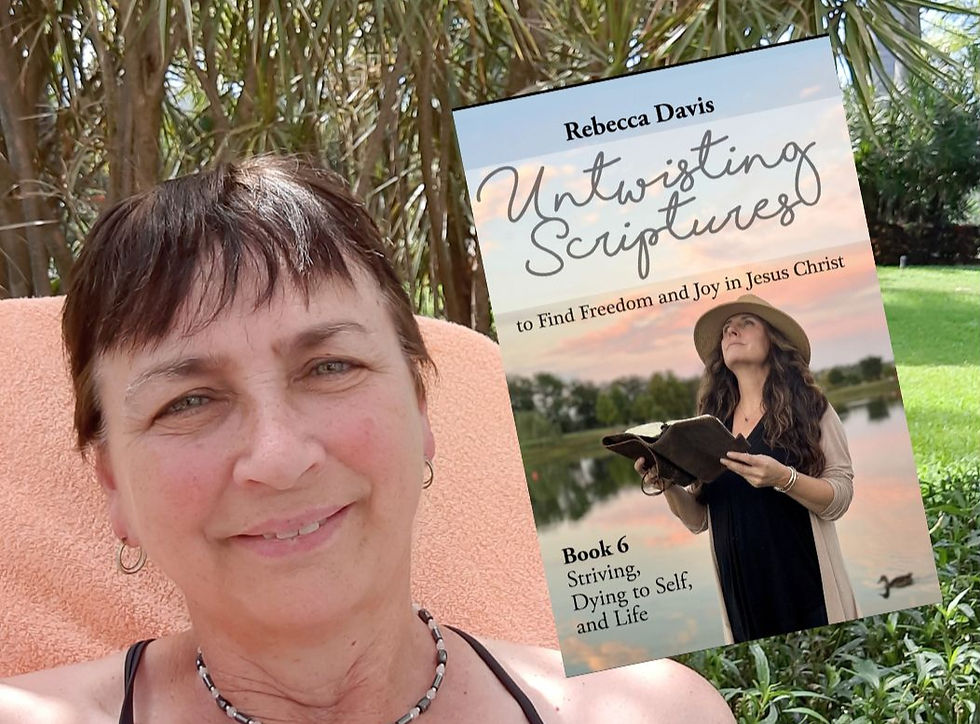Book Reviews: Fiction and Non Ficton
- Elaine R Kelly

- Apr 27, 2023
- 3 min read
Updated: Jan 2, 2024
Do you read fiction or non-fiction?
I read both!
Christian nonfiction frames Christian fiction. Egalitarian scholarship enlightens how to portray women in the bible in ministry & leadership
A few of the books I read this spring:

*Junia is Not Alone by Scot McKnight, a brief #Nonfiction affirming Junia was a female apostle, and she's not the only woman in ministry in the Bible or in church history. Scot McKnight does not so much explore Junia, but instead how the church and Bible translators have intentionally hidden or sidelined her and other women of the Bible and the early church. The church has traditionally preached about male protagonists and expected women to try to relate to men's stories. The author appeals to the reader to balance preaching and teaching to include stories of both women and men. He asks us to seek out women today who are like Junia, gifted by God, and enable them to follow their call.
*Beneath the Tamarisk Tree by Rob Seabrook a #BiblicalFiction of a man healing and becoming whole; he is the thief on the cross beside Jesus. As he is in paradise, we experience flashbacks to the trouble and pain that led him to death as a criminal. Beware: his story may make you empathize with and care about the homeless, hungry, and criminals! The novel portrays the Holy Trinity beautifully. The man's healing journey reminded me of The Shack, another novel that I appreciate.
*Women and Worship at Corinth by Lucy Peppiatt #Nonfiction examining the controversial passages on gender in 1 Corinthians 11 and 14 as rhetorical arguments where Paul quotes pagan beliefs and refutes or overturns them and empowers women. The result shows Paul is #empoweringwomen
Lucy Peppiatt reveals the flaws in the traditional interpretations of 1 Corinthians 11 and 14 in this 2015 work. The problems: first Paul says women can pray and prophesy aloud in public worship and then he says they should be silent. First, he says they need a head covering and then he says there's no policy on that. First, he says the gifts of tongues benefit unbelievers than he says it benefits believers. These are just a few examples showing that the traditional interpretations may leave us thinking Paul's thinking is muddled or conflicted with itself.
What is God trying to tell us in this passage? This author takes an academic approach and shows how the problems are resolved by reading these as Paul quoting the Corinthian people and refuting their words. Other passages within 1 Corinthians are widely thought to be Paul quoting the letter he received from Chloe's people describing what she faces in the church in Corinth. These are: 1 Corinthians 6:12-13, 7:1, 8:1 and 4, 10:23, 15:12. What if these confusing passages are simply longer quotes from the delegation Chloe sent from her church? This book is a refreshing and affirming look at understanding these problematic passages. It turns out Paul may be telling men to stop limiting women. Paul is misquoted!
*Woman This is War by Jocelyn Andersen #Nonfiction which quotes Christian teachers who sound like they have declared war on women. The author compares evangelical Christianity to the caste system where gender-based restrictions bind women into a social strata with fewer freedoms than men. She quotes biblical passages that were used to support slavery and are still used to support the subordination of women (see my post here).
*Wrongful Termination by Jenna Bennett #cozymystery just for fun.



Comments